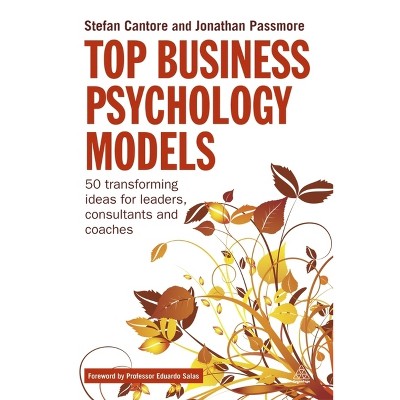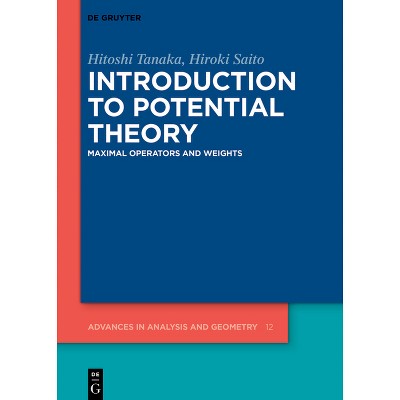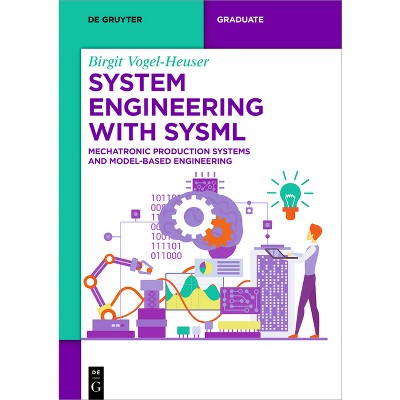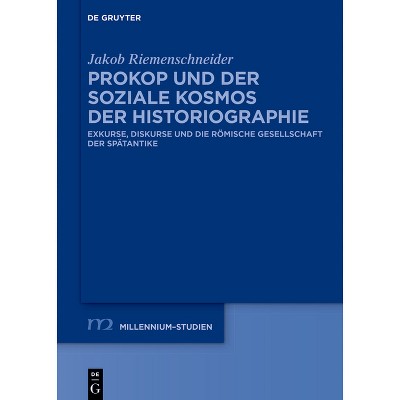Sponsored

An Introduction to Self-Report Measurement - by Michael G Elasmar (Paperback)
In Stock
Sponsored
About this item
Highlights
- This book covers the science of measuring the invisible building blocks of thought processes that are useful for understanding humans, including technology users, media consumers, and consumers of goods and services.
- About the Author: Michael G. Elasmar (Ph.D, Michigan State University) is an Associate Professor of Media Science in the Department of Mass Communication, Advertising and Public Relations and a senior Research Fellow at the Communication Research Center at Boston University (BU).
- 226 Pages
- Business + Money Management, Marketing
Description
About the Book
Unlock the secrets of self-report measurement-how people express thoughts, opinions, and choices. This guide demystifies the principles, best practices, and AI integration for analyzing surveys, experiments, and social media, helping you turn humaBook Synopsis
This book covers the science of measuring the invisible building blocks of thought processes that are useful for understanding humans, including technology users, media consumers, and consumers of goods and services. It provides:
- An explanation of what self-report measurement entails for beginners;
- A clear set of assumptions needed in order for self-report measures to yield valuable information;
- A mindset that needs to be adopted when using self-report measurement in the contexts of surveys and experiments;
- Guidance for extracting opinion from social media text content and integrating AI;
- A roadmap for quantifying the errors associated with self-report measurement.
Review Quotes
"In teaching Device and Diagnostic Design within biomedical engineering, a central challenge is understanding and addressing user needs - a critical aspect of effective design. Michael Elasmar's approach equips students with the tools to ask the right questions, his work bridges the gap between understanding user behavior and creating impactful medical devices and diagnostics."
Joyce Y. Wong, PhD, Professor of Biomedical Engineering and Materials Science and Engineering, Boston University
"Want to know what makes consumers tick? Ask them! It's a critical part of our research toolkit; but, it must be done with rigor and care to be effective. And no one distills this science more effectively than Dr. Elasmar. It's required reading for the modern researcher."
Chris Aswad, Founder, Insight By Design
"The foundational understanding of measurement and constructs I gained from Dr. Elasmar's class has been invaluable. It's remarkable how much this academic knowledge is valued and needed in the industry."
Aona Yang, UX Research Lead, Global Tech Industry & Host of AonaTalks, a YouTube channel dedicated to understanding User Experience Research (UXR)
"As a former graduate student of Dr. Elasmar's, I gained a deep understanding of the scientific rigor required to transform qualitative data and seemingly subjective opinions into reliable, actionable insights. Dr. Elasmar has literally written the book on how to do so."
Seth Stuck, VP, Product Research & Analytics, Media & Entertainment Industry
About the Author
Michael G. Elasmar (Ph.D, Michigan State University) is an Associate Professor of Media Science in the Department of Mass Communication, Advertising and Public Relations and a senior Research Fellow at the Communication Research Center at Boston University (BU). He has been a full-time faculty member at Boston University since 1993. He teaches classes in applied statistics, measurement science and research methodology to students enrolled in the Marketing Communication Research (MCR) master's of science academic program that he created in 1997. Dr. Elasmar served as Director of the Communication Research Center at BU from 1994 until 2015. He is a past Chair (1998-1999) of the International Communication Division (ICD) of the Association for Education in Journalism and Mass Communication (AEJMC). He was the Founding Editor of the American Journal of Media Psychology (AJMP) and Editor of the International Journal of Public Opinion Research (IJPOR), the official journal of the World Association for Public Opinion Research (WAPOR).
















